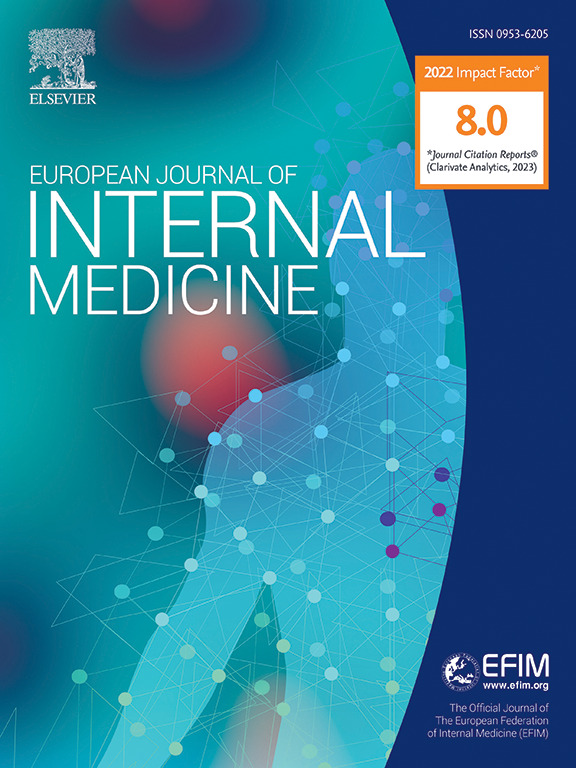被劫持的医学期刊在搜索引擎优化中排名第一,威胁学术诚信。
IF 6.1
2区 医学
Q1 MEDICINE, GENERAL & INTERNAL
引用次数: 0
摘要
问题期刊的兴起对学术诚信构成了重大威胁,导致机构和大学资源的大量浪费。这篇评论分析的重点是六份被劫持的医学期刊,这是一种特定类型的可疑出版物。我们利用在线搜索引擎优化审计平台Semrush分析了我们的数据,发现被劫持的期刊通过搜索引擎传播其内容。具体来说,搜索某些医学关键词会在搜索结果的前20名中返回被劫持的医学期刊内容。之前的研究和目前的研究都表明,被劫持的期刊利用各种渠道传播内容,包括人工智能聊天机器人、引文数据库、垃圾邮件和搜索引擎。提高对这一问题的认识对于减轻这些期刊造成的直接伤害至关重要。此外,长期解决方案将需要技术发展的进步,以有效地应对这一不断演变的问题。本文章由计算机程序翻译,如有差异,请以英文原文为准。
Hijacked medical journals rank first via search engine optimization and threaten academic integrity
The rise of questionable journals poses a significant threat to academic integrity, resulting in substantial waste of institutional and university resources. This commentary analysis focuses on six hijacked medical journals, a specific type of questionable publication. We utilized Semrush, an online Search Engine Optimization auditing platform, to analyse our data, which revealed that hijacked journals disseminate their content through search engines. Specifically, searches for certain medical keywords return hijacked medical journals’ content among the top 20 results. Evidence from both previous research and the current study suggests that hijacked journals leverage various channels for content dissemination, including artificial intelligence chatbots, citation databases, spam emails, and search engines. Raising awareness about this issue is crucial to mitigating the immediate harm caused by these journals. Furthermore, long-term solutions will necessitate advancements in technological development to combat this evolving problem effectively.
求助全文
通过发布文献求助,成功后即可免费获取论文全文。
去求助
来源期刊
CiteScore
9.60
自引率
6.20%
发文量
364
审稿时长
20 days
期刊介绍:
The European Journal of Internal Medicine serves as the official journal of the European Federation of Internal Medicine and is the primary scientific reference for European academic and non-academic internists. It is dedicated to advancing science and practice in internal medicine across Europe. The journal publishes original articles, editorials, reviews, internal medicine flashcards, and other relevant information in the field. Both translational medicine and clinical studies are emphasized. EJIM aspires to be a leading platform for excellent clinical studies, with a focus on enhancing the quality of healthcare in European hospitals.

 求助内容:
求助内容: 应助结果提醒方式:
应助结果提醒方式:


